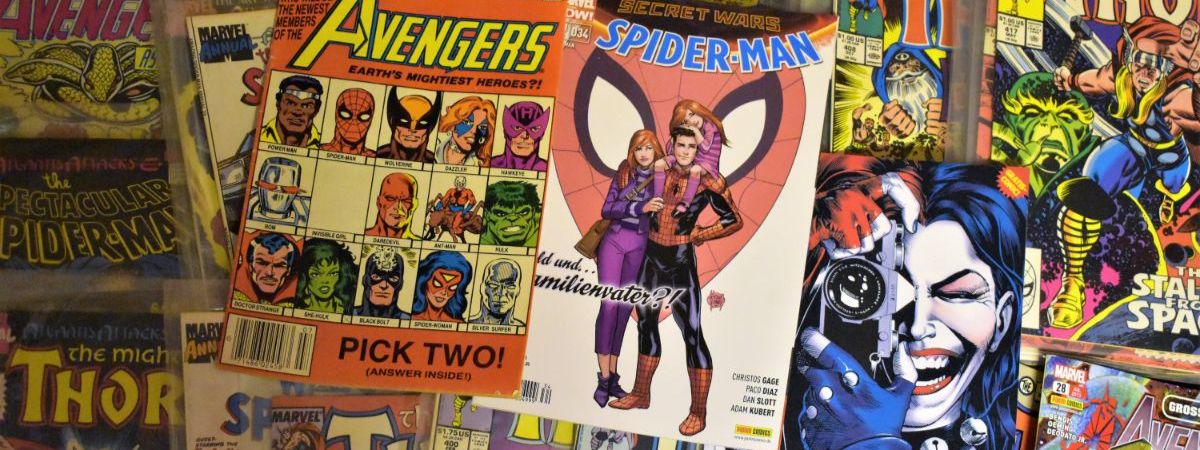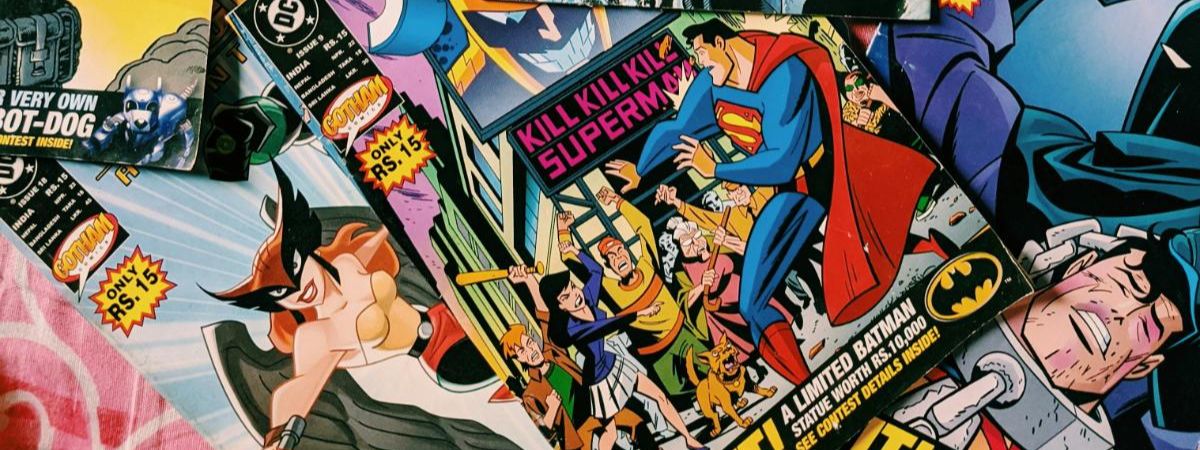Skip to the good bit
ToggleWhy Spider-Man comics are timeless
Spider-Man, also known as Peter Parker, is more than a superhero; he’s a symbol of the everyday person grappling with the weight of extraordinary responsibilities. His journey from a shy, awkward teenager bitten by a radioactive spider to a superhero bearing the mantra, “With great power comes great responsibility,” strikes a chord with readers across generations.
The everyman hero
What sets Spider-Man apart is his relatability. Unlike other superheroes who are gods, billionaires, or aliens, Peter Parker deals with everyday challenges like paying bills, juggling school or work, and maintaining relationships. These human elements make his character accessible and his heroism more admirable because it’s grounded in reality.
Moral dilemmas and personal loss
Spider-Man’s stories are rife with moral complexity and emotional depth. He constantly faces dilemmas that challenge his ethics and principles. The death of his Uncle Ben, the loss of Gwen Stacy, and his struggles with various adversaries aren’t just plot points; they represent the real emotional trials that define and shape his character.
A narrative that resonates
The narrative of Spider-Man is a coming-of-age story that resonates universally. It’s about growing up, dealing with change, and finding one’s place in the world. As Peter Parker grows and evolves, readers see a bit of themselves in his journey, making his story timeless. Discover how to dive into the world of comics with our guide on how to read comics.
Top 10 best Spider-Man comics
#10 Spider-Man and the X-Men
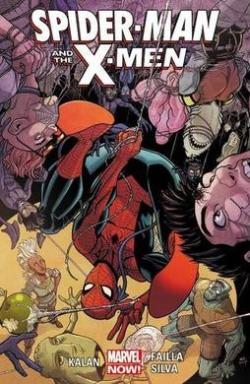
Read for the crossover appeal
This series brings together two of Marvel’s most beloved properties, Spider-Man and the X-Men. The crossover is a thrilling blend of Spider-Man’s street-level heroics and the X-Men’s battles against prejudice. The interactions between Spider-Man and the mutant heroes are filled with dynamic action and compelling character dynamics, showcasing the versatility of Spider-Man as a character who can seamlessly integrate into different superhero communities.
#9 Spider-Man: No More! (The Amazing Spider-Man #50)
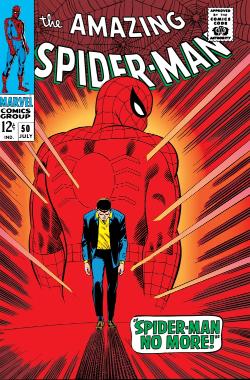
Read for the iconic storyline
This storyline is famous for the iconic image of Spider-Man walking away from his heroic persona, an image that has become emblematic of the character’s internal struggles. It delves into Peter Parker’s desire for a normal life, free from the burdens of being a superhero. This internal conflict and the exploration of what it means to be a hero make it one of the most relatable and powerful narratives in Spider-Man’s history, influencing many stories that followed.
#8 Kraven’s Last Hunt
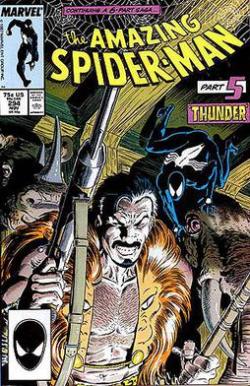
Read for psychological depth
This story arc is celebrated for its dark tone and psychological intensity. It dives deep into the psyche of both Spider-Man and his adversary, Kraven the Hunter. The narrative explores themes of obsession, identity, and the nature of heroism in a way that was unprecedented for Spider-Man comics at the time. The haunting and introspective approach, coupled with its dramatic and unexpected plot twists, make it a standout story in the Spider-Man canon.
#7 Ultimate Spider-Man
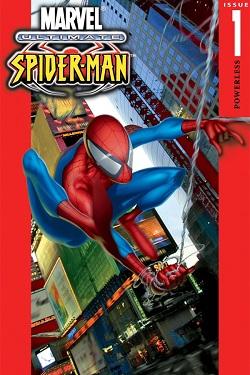
Read for the modern take
Brian Michael Bendis and Mark Bagley’s ‘Ultimate Spider-Man’ comic book run reimagines Spider-Man’s origins and early years in a contemporary setting. This series is notable for its updated take on Peter Parker’s story, making it more relatable to a new generation of readers. The introduction of Miles Morales, who takes up the mantle of Spider-Man after Peter Parker’s death in this universe, is a groundbreaking moment. Morales, as a character of African-American and Puerto Rican descent, brought much-needed diversity to the superhero landscape and quickly became a fan favorite for his unique background and compelling storyline.
#6 The Amazing Spider-Man: The Death of Jean DeWolff
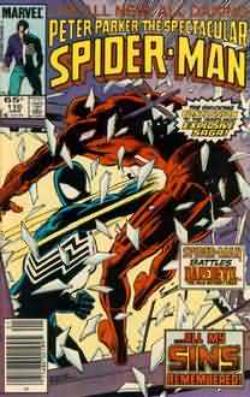
Read for the darker themes
This storyline is noted for its noir tone and psychological depth. The murder of Jean DeWolff, a close ally of Spider-Man, and his subsequent hunt for the killer, showcases a darker narrative style. It’s a gripping tale that blends superhero action with a crime drama, highlighting Spider-Man’s detective skills and the moral ambiguities he faces.
#5 Spider-Verse
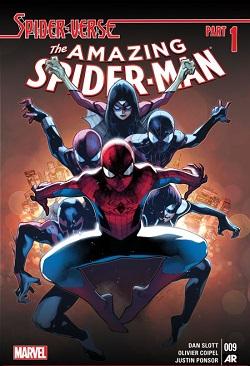
Read for multiverse and diversity
‘Spider-Verse’ is an ambitious crossover event that brings together Spider-People from various universes. This storyline is groundbreaking for its exploration of the Spider-Man concept across different dimensions, introducing a rich diversity of characters and parallel worlds. It’s a celebration of the character’s legacy in all its forms, showcasing the limitless possibilities of the Spider-Man universe.
#4 The Kid Who Collects Spider-Man (The Amazing Spider-Man #248)
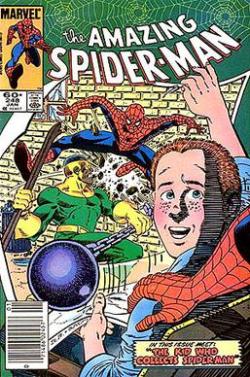
Read for the human connection
This story is a poignant one-shot that stands out for its simplicity and emotional impact. It tells the story of Timmy, a young boy who’s Spider-Man’s biggest fan. The narrative beautifully illustrates Spider-Man’s impact beyond his superhero antics, focusing on the human connections and the inspiration he brings to his fans, especially the young and the innocent.
#3 Spider-Man: Blue
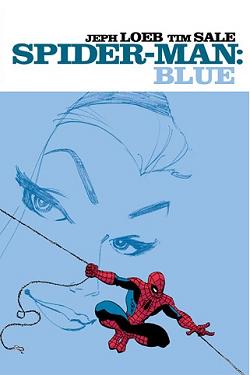
Read for the unique, heartfelt perspective
This miniseries by Jeph Loeb and Tim Sale is a love letter to Spider-Man’s early days, revisiting his relationships with Gwen Stacy and Mary Jane Watson. Narrated by a wistful Peter Parker, it’s a beautifully illustrated, bittersweet tale that captures the joys and sorrows of his youth. It stands out for its emotional depth and the tender, introspective look at what Spider-Man cherishes and regrets.
#2 The Night Gwen Stacy Died (The Amazing Spider-Man #121-122)
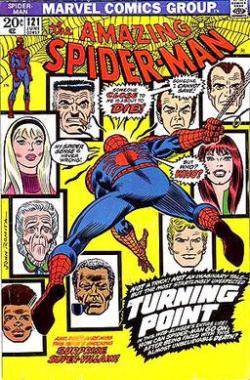
Read for emotional impact
This arc is significant for its groundbreaking approach to storytelling in superhero comics. The tragic death of Gwen Stacy, Peter Parker’s first love, was a bold move that showed heroes couldn’t always save the day. It was a poignant, heartbreaking moment that forever changed Spider-Man, emphasizing the personal cost of being a hero and introducing a level of realism previously unseen in the genre.
#1 Amazing Fantasy #15 (1962)
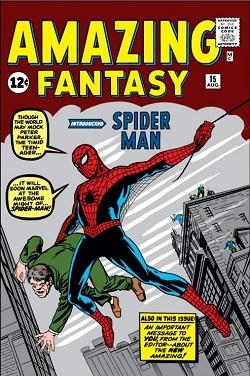
Read for the origin story
The debut of Spider-Man in this issue is a watershed moment in comics. Here, we witness the transformation of Peter Parker, a socially awkward teenager, into a superhero after being bitten by a radioactive spider. This story sets the foundational themes of Spider-Man: the struggles of balancing everyday life with superhero duties and the moral weight of power and responsibility. It’s a cornerstone of the Spider-Man mythos and a starting point for all that follows.
What Spider-Man comic should I start with?
Embarking on the journey into Spider-Man’s world can seem daunting, given the vast library of stories. However, a great starting point is “Ultimate Spider-Man”. This series, which began in 2000, offers a modern retelling of Peter Parker’s origin story and his early days as Spider-Man. It’s a fresh, accessible entry point that doesn’t require prior knowledge of Spider-Man lore. The storytelling is engaging, the characters are well-developed, and it lays a solid foundation for understanding the Spider-Man universe.
What is the best version of Spider-Man?
The answer to this is subjective and varies among fans, but many consider the “Amazing Spider-Man” series to be the quintessential Spider-Man. This series, which debuted in 1963, has been the backbone of the Spider-Man saga, offering a blend of compelling storytelling, character development, and iconic moments. It’s where many of Spider-Man’s most famous stories, like “The Night Gwen Stacy Died” and “Kraven’s Last Hunt,” are found. For a modern, diverse take, Miles Morales as Spider-Man in the “Ultimate Spider-Man” series is also highly acclaimed for bringing new life and perspective to the Spider-Man character.
How do the comics differ from the Spider-Man movies?
The Spider-Man movies, while drawing inspiration from the comics, often take creative liberties, resulting in differences in storylines, character development, and tone.
Storylines and Characters: While movies tend to condense and alter storylines for the sake of runtime and audience appeal, the comics offer more detailed narratives and delve deeper into character backgrounds and motivations.
Tone and Complexity: Comics often explore darker, more complex themes, allowing for a deeper exploration of moral dilemmas and personal struggles. In contrast, movies might opt for a more streamlined, action-focused approach.
Visual Style and Detail: Comics have the advantage of visual storytelling through art, which can convey subtleties and nuances that might not translate to film.
The web that connects us all
Whether you’re a traditionalist who loves the feel of paper comics or a tech-savvy reader who prefers digital formats, there are numerous ways to enjoy comics and Spider-Man’s adventures. From hardcover collections to online platforms, the world of Spider-Man is just a click or page-turn away.
Spider-Man’s stories are more than just escapades; they’re a web that connects us through shared experiences of joy, sorrow, triumph, and failure. He’s not just a superhero; he’s a symbol of the everyday hero in all of us. Dive into these comics and discover why Spider-Man continues to be a beloved character across generations.

